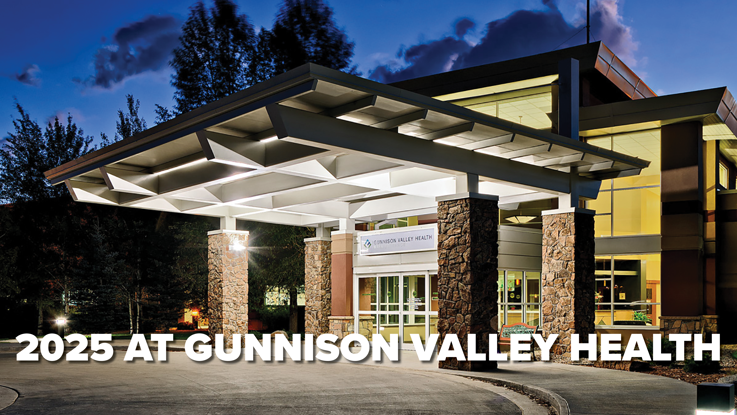Staying Healthy This Fall: Cold, Flu and COVID-19
- Category: COVID
- Posted On:
As the weather gets colder and we spend more time indoors, respiratory illnesses like the common cold, influenza and COVID tend to spread more quickly. At Gunnison Valley Health, we want to help you protect yourself and your family. By staying current on vaccines and practicing everyday prevention, you can lower your risk this fall.
Vaccines: Your Best Protection
The Centers for Disease Control and Prevention (CDC) recommends that everyone 6 months and older get the seasonal flu vaccine each year. COVID-19 vaccines are also recommended for all people to reduce the risk of severe illness, hospitalization and death from infections. It is also safe to get both the flu and COVID-19 vaccines at the same visit.
Where to get vaccinated locally:
Prices will vary based on which vaccines you choose to get, and where you choose to seek care. Ask when you call your provider of choice about prices and check if your insurance may cover.
- Gunnison Valley Health Family Medicine Clinic provides flu and COVID-19 vaccines available by appointment.
- Gunnison County Health and Human Services offers Flu Vaccine Clinics. Call 970-641-3244 to get more information about these events.
- Pharmacies such as City Market, Walmart Pharmacy and Clarks Pharmacy in Crested Butte also offer vaccines.
Everyday Prevention
Even if you’re vaccinated, healthy habits matter.
- Washing your hands often with soap and water for at least 20 seconds is the best way to keep yourself and others safe from illness. Alcohol-based sanitizer should be used when soap and water isn’t available. (CDC, 2024b).
- Wear a mask in crowded indoor spaces, especially if you or someone in your home is high risk.
- Improve air flow by opening windows or using HEPA filters when indoors.
- Keep your distance from others if you or they are sick.
- Clean high traffic areas and high touch surfaces regularly, and between use.
Who Is at Higher Risk?
Certain groups face a greater chance of serious illness and may be more likely to get sick in general.
- Adults over 65 are at an increased risk of developing serious symptoms from various respiratory illnesses
- People with chronic health conditions, or who weakened immune systems
- Health care workers, first responders and teachers are often exposed more often than other demographics in the professional environment
- Children, students and families with school-age children
- Anyone spending time in crowded environments both indoors and outdoors
When to Seek Care
Cold, flu and COVID-19 symptoms often overlap. Ranging from sneezing, cough, fever, sore throat, fatigue, upset stomach and congestion. Common illnesses like cold, flu and covid COVID can range from nearly no symptoms to severe illness. Contact a health care provider right away if you have:
- Shortness of breath or trouble breathing
- Chest pain
- New confusion or difficulty staying awake
- Blue lips or face
- Are unable to stay hydrated
For people at higher risk, early antiviral treatment may help if started early (CDC, 2024a).
If You Get Sick
No matter if it is a cold, the flu, or covid, being conscious of how diseases spread and taking precautions is always recommended.
- Ideally if you are sick you should try to stay home except for medical care. Rest is good for healing and not exposing others keeps the community as a whole safer!
- Wear a mask, even around others in your household.
- Rest, stay hydrated and monitor symptoms.
- Follow CDC guidance on when it is safe to return to normal activities depending on what illness you are experiencing, and your symptoms (CDC, 2024b).
Final Takeaway
Protecting yourself and your family this fall starts with vaccines, good hygiene and smart choices. By working together, we can keep our community healthy and strong!
